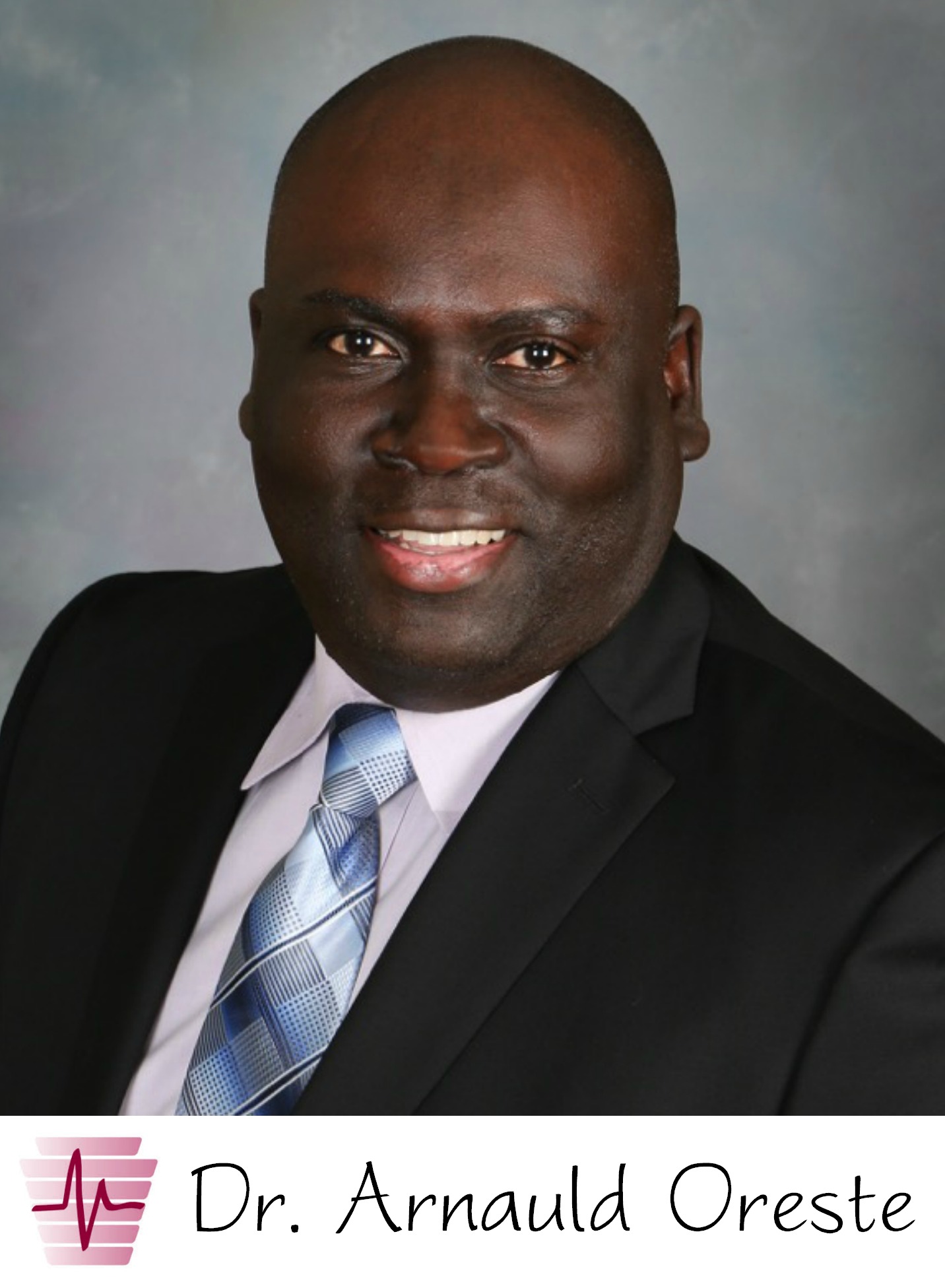 As children return to school, an unwelcome guest visits many families – the common cold. Dr. Arnauld Oreste of Keystone Pediatrics Waynesboro shares what you need to know about helping your children treat and prevent the common cold.
As children return to school, an unwelcome guest visits many families – the common cold. Dr. Arnauld Oreste of Keystone Pediatrics Waynesboro shares what you need to know about helping your children treat and prevent the common cold.
What are the usual symptoms?
Sneezing, nasal congestion, a runny nose, sore throat, cough, low grade fever and headache often accompany a cold.
How can I help my child feel better while recovering from a cold?
Make sure they drink plenty of liquids as hydration helps fight off the cold. If your child is old enough to drink warm liquids such as tea and soup broth, these may soothe sore throats and help loosen nasal congestion. Using a humidifier may also help.
Topical saline may provide nasal relief. In infants, topical saline is applied with saline nose drops and a bulb syringe. In older children, a saline nasal spray or saline nasal irrigation (such as a squeeze bottle or neti pot) may be used. It’s important that saline irrigation be prepared from sterile or bottled water; it’s possible for serious infections to occur from using tap water.
If your child is twelve or older, over the counter decongestants may be helpful. These products should not be used on younger children, as their bodies may not be able to properly process the medication.
Low-grade fevers may occur during the first few days of the illness. If the fever is causing your child discomfort, acetaminophen may be helpful for children older than three months, or ibuprofen for children older than six months.
How can I help them stop coughing?
While coughing can be irritating, it plays an important role of clearing secretions from the respiratory tract. I suggest coughs be relieved with hydration and warm fluids, honey (in children older than one year), or cough lozenges or hard candy in children whom are not at risk for choking on them.
How long does a cold last?
In infants and young children, symptoms are usually worse on the second or third day of illness, and then gradually improve over 10 to 14 days. The cough may linger, but should steadily resolve over three to four weeks. In older children and adolescents, symptoms usually clear in five to seven days, though it may take longer in those with lung disease or who smoke cigarettes.
When should my child see a doctor?
If symptoms worsen or last longer than noted above, your child has difficulty breathing or swallowing, and/or has a high fever or a cough that doesn’t go away, you should seek medical attention. These could be signs that the cold has developed into something more serious, such as pneumonia or pertussis.
How can colds be prevented?
The best ways to prevent spreading or catching a cold are frequent handwashing and avoiding touching one’s mouth, nose and eyes. Disinfecting surfaces with products such as Lysol may help decrease the transmission of viruses.
There is not an immunization to prevent the common cold, but there are immunizations to prevent some of the viruses that can cause similar effects. Yearly flu vaccines are recommended for all people older than six months.
This article contains general information only and should not be used as a substitute for professional diagnosis, treatment or care by a qualified health care provider.




